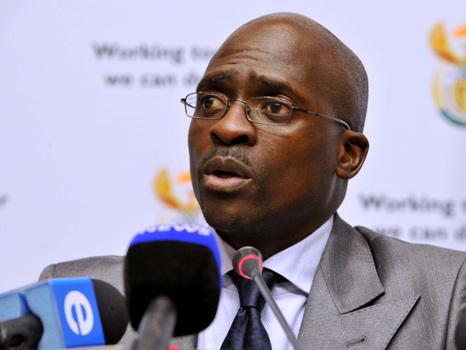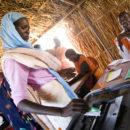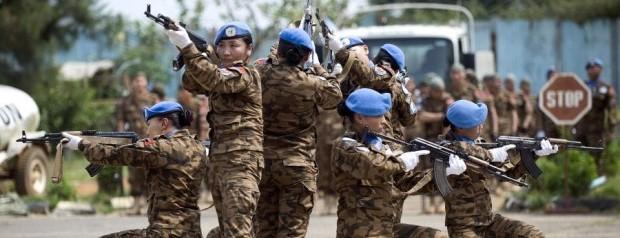South Africa: Parastatals and the private sector – By Jolyon Ford, Oxford Analytica


Public enterprise Minister Malusi Gigaba’s instincts lie with more centralised control over state-owned firms
In mid-January while much of the country’s business community was still on or returning from summer holidays, Fitch Ratings revised its outlook for South Africa’s credit rating to “˜negative’ from “˜stable’. In doing so it seemed to be issuing a “˜welcome to 2012′ flag on what it thinks will be a period marked by continued policy uncertainty and challenges for the ANC-led government in meeting both its political spending (wage and social payments) commitments and its deficit management targets.
Ahead of the 2012 budget and around the time of President Jacob Zuma’s “˜state of the nation’ address on 9 February, one can expect the release of draft ANC discussion papers ahead of the party’s much-anticipated mid-year policy conference. Related to the “˜nationalisation’ debate and the state’s role in mining, of particular interest to business will be the tone adopted on the relative roles of the public and private sectors in providing the jobs and capital investment needed for South Africa to meet its potential and its existing plans, without compromising its narrow fiscal base and deficit projections.
The previous sentence contains a catch, which I’ll nevertheless put to one side: one of the major policy struggles going on (and yet to be tested on government service unions) is the Treasury’s plan to begin directing spending away from the public wage bill and towards infrastructure. As the editorial in yesterday’s Business Day newspaper pointed out, the rate of job-creation and payment in the municipal, provincial and national civil services is unsustainable.
This points to a policy debate occurring at the heart of cabinet (which, unnervingly, is too easily described interchangeably with the party leadership, reflecting the ongoing blurring of party and state in South Africa). Inspired by what it perceives as the successful model deployed in other BRICs, and prone to seeing the 2008 credit crunch as evincing the flaws of market economics, many in the ANC-led alliance find the “˜state capitalism’ idea of centralised economic planning intuitively attractive. As the imperative to create jobs and skills for unemployed young South Africans grows, so does the belief that the solution lies in the state doing more. This is the case despite the fact that many critics think Pretoria should take an opposite and economically more “˜relaxed’ approach, for example enabling more flexible labour market regulations.
Given the rhetoric around state-led initiatives, many would be surprised to read that in Davos last week President Jacob Zuma suggested that the state should not be the primary job-creator but only ensure a policy environment in which the private sector was able to flourish. Is this just Zuma being “˜all things to all audiences’ from unions to business, or has this policy pragmatist reached a point where cabinet centrists have persuaded him that his priority for political survival — to be seen to decisively address unemployment — requires being prepared to put the interests of the not-yet-employed on a par with the already-employed (and unionised)?
An emerging player in Zuma’s cabinet, Public Enterprises Minister Malusi Gigaba has been reaching for an answer that comprises a middle way economic policy promising job-creation benefits as one incidental benefit from addressing infrastructure deficits. Since at least June last year, he has been promoting his views on public-private “˜development partnerships’ to revitalise (and recapitalise) the country’s significant state-owned utilities. In principle, this gives private actors the security of having the state as a direct partner in major public projects such as export transport networks critical to private firms’ ability to compete globally. On June 7 last year he spoke of the state giving private partners political reassurance and long-term “˜consistent demand platforms’.
Many will say the problem in contemporary South Africa is not the plans, but the planning. Since June last year Gigaba has not fleshed out his vision much further, especially how it relates to the National Planning Commission’s “˜Development Plan’ which points — rather like Zuma’s Davos remarks — towards freeing state-owned firms from too much political steering. Reports this week following his visit to view Chinese parastatals suggest that his instincts lie with more centralised control over state-owned firms. Such control is not necessarily incompatible with the partnerships he has envisaged. But the result is that we are no clearer on the overall policy orientation of this administration, creating challenges for groups like Business Unity South Africa (itself recovering from internal difficulties) in engaging government on exploring the potential for more decisive action where public and private interests coincide.
Jolyon Ford is a senior analyst at Oxford Analytica, the global analysis and advisory firm.






